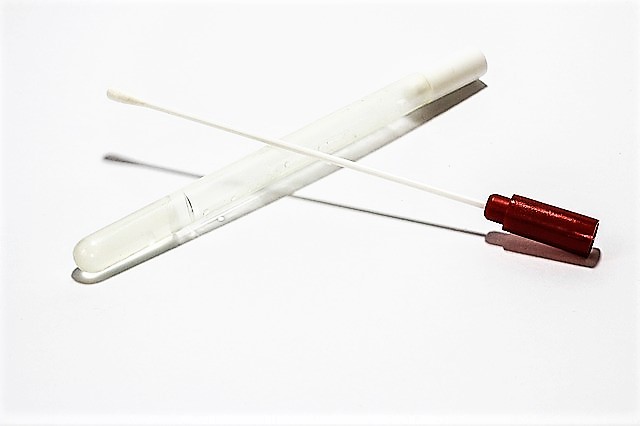Consumer DNA Testing May Be the Biggest Health Scam of the Decade
By Ed Cara,
Gizmodo
| 11. 20. 2019
At the start of this decade, the federal government called out consumer DNA testing as a burgeoning scam industry. Little did we know how it would explode in popularity.
In 2010, the U.S. Government Accountability Office (GAO) published an investigative report that bashed consumer DNA test companies for misleading the public. It accused them of deceptively claiming their products could predict the odds of developing more than a dozen medical conditions; some even went as far to offer equally dubious dietary supplements. The report had followed a similar lambasting of the industry by the GAO in 2006.
Also in 2010, the FDA publicly warned 23andMe and other companies that genetic health tests were considered medical devices and needed to be cleared by the FDA before they could be sold to the public. Three years later, following a lack of response from 23andMe, the agency took the harsh step of temporarily banning 23andMe from selling its health-related tests at all.
Despite these hurdles, the DNA testing industry has nonetheless exploded. According to a report by MIT Technology Review this February, more...
Related Articles
By Scott Solomon, The MIT Press Reader | 02.12.2026
Chris Mason is a man in a hurry.
“Sometimes walking from the subway to the lab takes too long, so I’ll start running,” he told me over breakfast at a bistro near his home in Brooklyn on a crisp...
By Diaa Hadid and Shweta Desai, NPR | 01.29.2026
MUMBRA, India — The afternoon sun shines on the woman in a commuter-town café, highlighting her almond-shaped eyes and pale skin, a look often sought after by couples who need an egg to have a baby.
"I have good eggs,"...
By George Janes, BioNews | 01.12.2026
A heart attack patient has become the first person to be treated in a clinical trial of an experimental gene therapy, which aims to strengthen blood vessels after coronary bypass surgery.
Coronary artery bypass surgery is performed to treat...
By Staff, ScienceDaily | 01.05.2026
Scientists at UNSW Sydney have developed a new form of CRISPR technology that could make gene therapy safer while also resolving a decades-long debate about how genes are switched off. The research shows that small chemical markers attached to DNA
...




